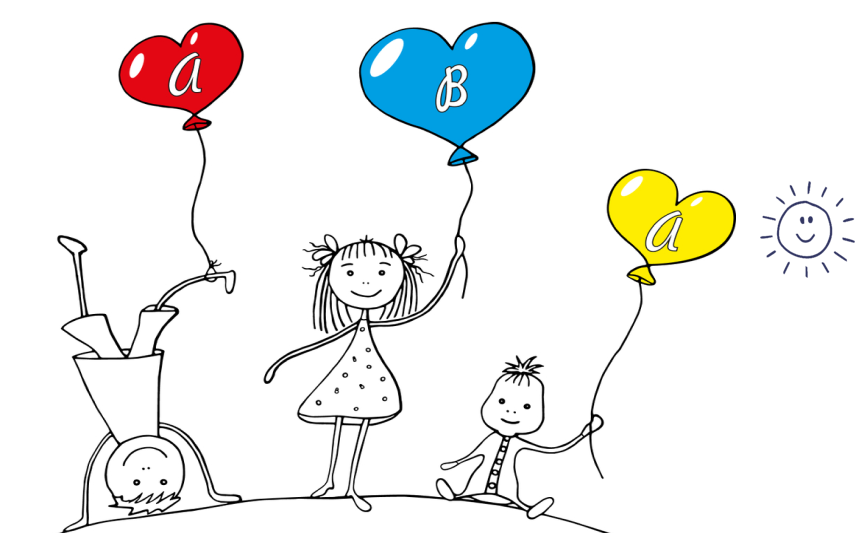
Our Services
Applied Behaviour Analysis
Speech Therapy – SLT
Occupational Therapy – OT

Applied BehaviourAnalysis
What is ABA?
Applied Behaviour Analysis (ABA) is the applied branch of the science of Behaviour Analysis. Behaviour analysis focuses on how behaviours change or are affected by their environment. Subsequently, ABA utilises changes in the environment to teach socially significant skills or reduce behaviour that has a significantly negative impact on an individual’s life. ABA is an evidenced based intervention which effectively supports individuals with Autism Spectrum Disorder (ASD), behavioural issues, intellectual disability or developmental delays to develop socially significant skills.
Consultation, Assessment and Programme Selection
Each ABA program is individualized according to the needs and goals of each individual. The typical process of program selection includes:
Consultation and Observation: Initial consultation usually involves meeting (via phone or in person) to discuss the individual, family goals and concerns. A short observation is conducted with the learner to begin the pairing process (building a positive relationship), to introduce them to the environment and begin the selection of appropriate assessment tools.
Assessment: Once a parent questionnaire detailing the individual’s personal information, medical and behavioral history has been filled out, an assessment will take place. The duration of assessments may vary according to the needs of each individual. Reach Out uses a variety of assessments (e.g. ESDM, VB-MAPP, ABLLS-R, AFLS, EFL) to assess current skill levels and inform the selection of future goals. Once the assessment process has been completed, an initial report detailing the skills profile of the individual will be provided.
Program Selection: A combination of information provided from assessments, family goals and (where possible) client self-selected goals will be utilized to produce an individualized intervention plan. Programs may work on communication, academic skills, challenging behavior reduction, functional life skills and social skills. Programs are designed by a Board-Certified Behavior Analyst (BCBA) and then implemented by a Registered Behavior Technician (RBT). RBTs carry out daily implementation of therapy, whilst BCBAs monitor ongoing progress towards program goals.
